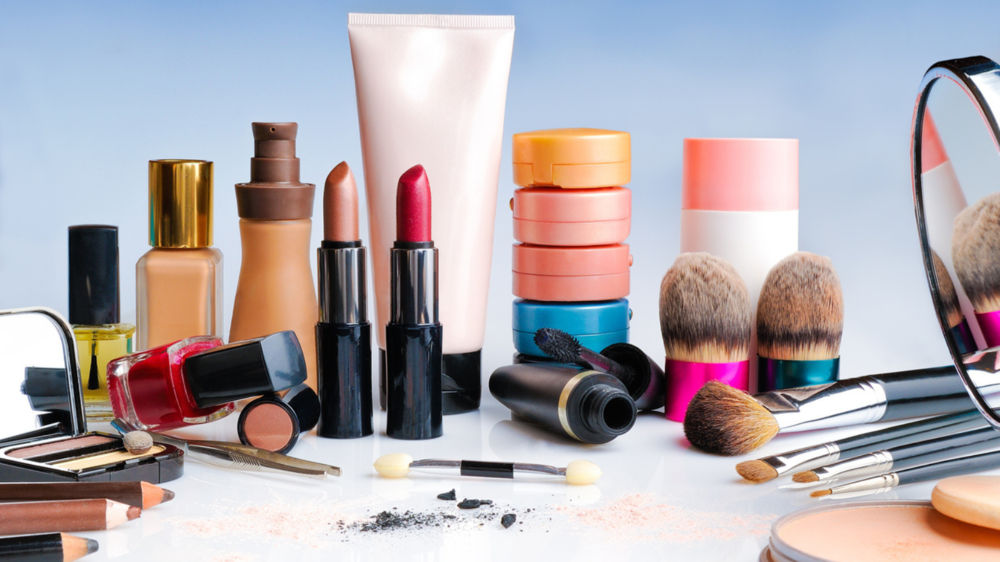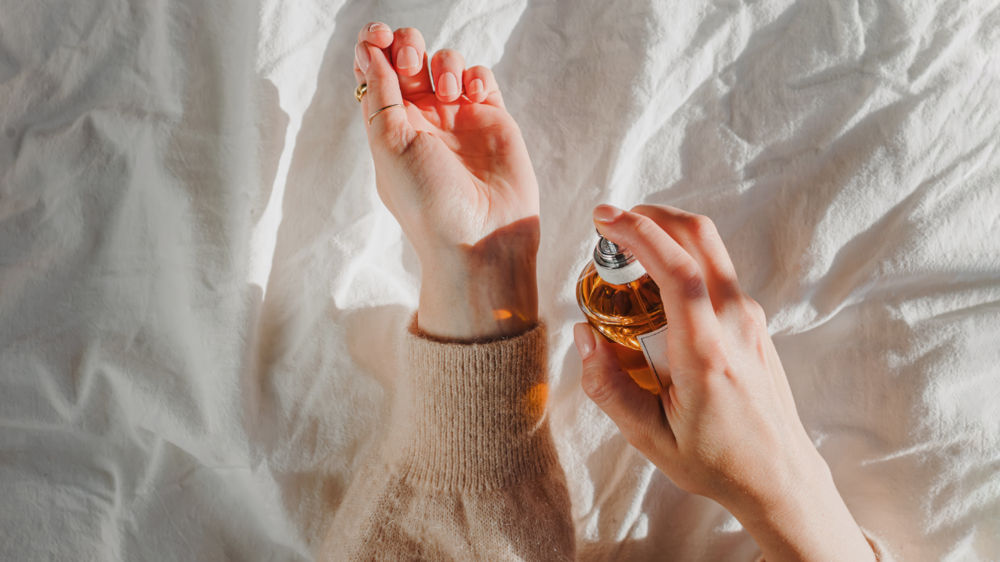
How to Choose Safer Self-Care Products When You’re Trying to Conceive
You might be focusing on eating well and living a healthy lifestyle to boost your chances of conceiving, but have you looked at your self-care products? Everyday items like skincare, shampoo, or deodorant can contain ingredients that may impact your fertility. Knowing what to avoid can make a real difference in supporting your reproductive health.
Why Your Self-Care Routine Matters
You use a range of products every day without giving it a second thought. These include moisturisers, shampoos, perfumes, body washes, deodorants, and even face masks or hair treatments. You may unknowingly absorb them through your skin or inhale, which then enters your bloodstream. Hormones play a vital role in fertility, and even slight imbalances caused by chemicals in self-care products may affect ovulation, egg quality, or the menstrual cycle.
Understanding Endocrine-Disrupting Chemicals (EDCs)
- Phthalates: Found in fragrances, nail polishes, and some shampoos.
- Parabens: Used as preservatives in lotions, creams, and makeup.
- Triclosan: Often found in antibacterial soaps and toothpaste.
- BPA: Used in plastic containers and product packaging.
These harmful substances can interfere with hormones like estrogen and progesterone, affecting ovulation and pregnancy outcomes.
Steps to Choose Safer Self-Care Products
- Check the ingredient list and avoid parabens, phthalates, or products labelled only as ‘fragrance’ or ‘perfume’.
- Look for 'Fragrance-Free' instead of 'Unscented', as unscented products may still use masking chemicals.
- Choose natural and plant-based products, but read labels carefully since not all natural ingredients are safe.
- Simplify your routine—use fewer products to reduce overall chemical exposure.
- Opt for products with trusted third-party certifications such as EWG Verified, USDA Organic, or Made Safe.
- Avoid aerosol sprays like dry shampoo and body sprays—choose roll-ons, creams, or solids instead.
Switching to safer self-care products doesn’t have to be overwhelming—replace one product at a time as you run out. Gradual changes reduce your body’s chemical load and support fertility without unnecessary stress.
Don’t Forget About Your Partner
Fertility health matters for men too. Men using products with EDCs may face reduced sperm quality or hormone imbalances. Encourage your partner to check their deodorants, shaving creams, and colognes.
What About Hair Dyes and Salon Treatments?
Hair dyes and salon treatments often contain ammonia, formaldehyde, or resorcinol—chemicals that can be harmful when inhaled or absorbed. Consider plant-based or ammonia-free alternatives and ensure proper ventilation if you choose to use them.
Gradual Changes Are Okay
You don’t need to overhaul your routine overnight. Replace products gradually, starting with the ones you use most often, like moisturisers or body wash. Every small change helps lower chemical exposure and supports fertility.
FAQs
Not always. Some herbal ingredients may affect hormones or interact with medicines. Always check labels and consult your doctor before use.
Look for labels such as fragrance-free, paraben-free, and phthalate-free. You can also refer to trusted databases like the EWG Skin Deep Database.
No, but it’s best to choose non-toxic, mineral-based, and clean beauty brands that avoid harsh chemicals and endocrine disruptors.
"Small, mindful choices in your self-care routine can go a long way in supporting your fertility journey."
— Dr. Pooja Thukral



